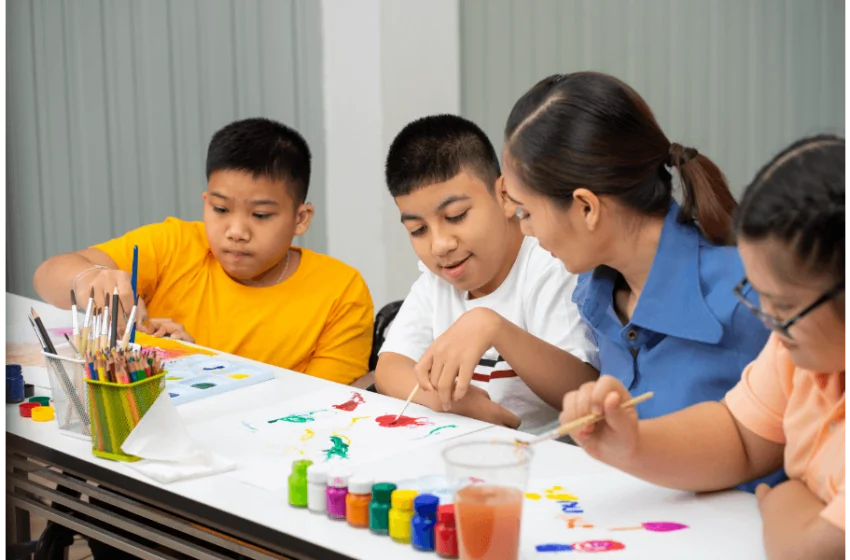Guiding children toward healthier learning practices through patient everyday support

Some evenings I watch how children approach their books and I wonder how their mind works so differently from ours. They sit there, moving slowly, sometimes looking tired before even opening a page. And parents, they stand nearby hoping today will be one of those smoother days. In that small space between trying and waiting, something gentle is needed, something that helps without pushing, and that is where https://thekidfixer.com/ankeny/ quietly slips into the middle of the moment like a soft tap saying maybe this will help.
Understanding children’s natural pace during study time
Each child moves at their own rhythm. One child might stare at the book for a long stretch, just trying to settle their thoughts before they start. It looks like they are doing nothing, but something inside is working slowly. Another child flips pages quickly but understands only after quiet moments later.
Parents often feel worried when the pace is slow. But slow is not bad. Slow sometimes means deep. I have seen children who look confused but later explain the lesson better than anyone else.
A child’s pace becomes clearer through small details. The way they blink when confused. The way they hum softly when trying to remember. These tiny signs guide the parent better than any study plan.
Helping children stay relaxed while absorbing new ideas
- A relaxed child learns twice as fast. It is easy to see. Their body loosens. Their hand stops shaking. They stop looking around for escape. They settle.
- Some children want light. Some want silence. Some want someone sitting beside them even if the person does nothing. Parents sometimes think these preferences are silly, but they are not. These small comforts help the child’s mind stay open.
- A child who feels relaxed starts asking questions. Not big questions. Small ones like why this word or what does this part mean. These questions show that their mind is awake and curious.
Encouraging growth through small daily efforts
Growth in learning is slow and almost invisible. You notice it later, suddenly, when the child explains something you did not expect them to understand.
Small daily steps help more than long study sessions. A few minutes of reflection after a lesson. A small notebook where the child writes one thing they understood. A warm word from the parent when the child tries even if the answer is wrong.
Daily efforts shape children quietly. Bit by bit.
Parents can support this growth through simple acts:
- Listening without interrupting when the child explains something.
- Allowing the child to make mistakes without immediate correction.
- Asking what they feel about the lesson, not only what they learned.
- Letting them choose their comfortable time to study.
- Sharing small conversations that make learning feel less lonely.
And when their attention drifts, as all children do, a gentle reminder like https://thekidfixer.com/ankeny/fits in like a tiny hand on the shoulder bringing them back without making them feel watched or judged.
Children grow through patience, warmth, and small steps repeated gently. When parents guide softly and allow the child’s mind to move in its own way, learning becomes something natural instead of something heavy.
